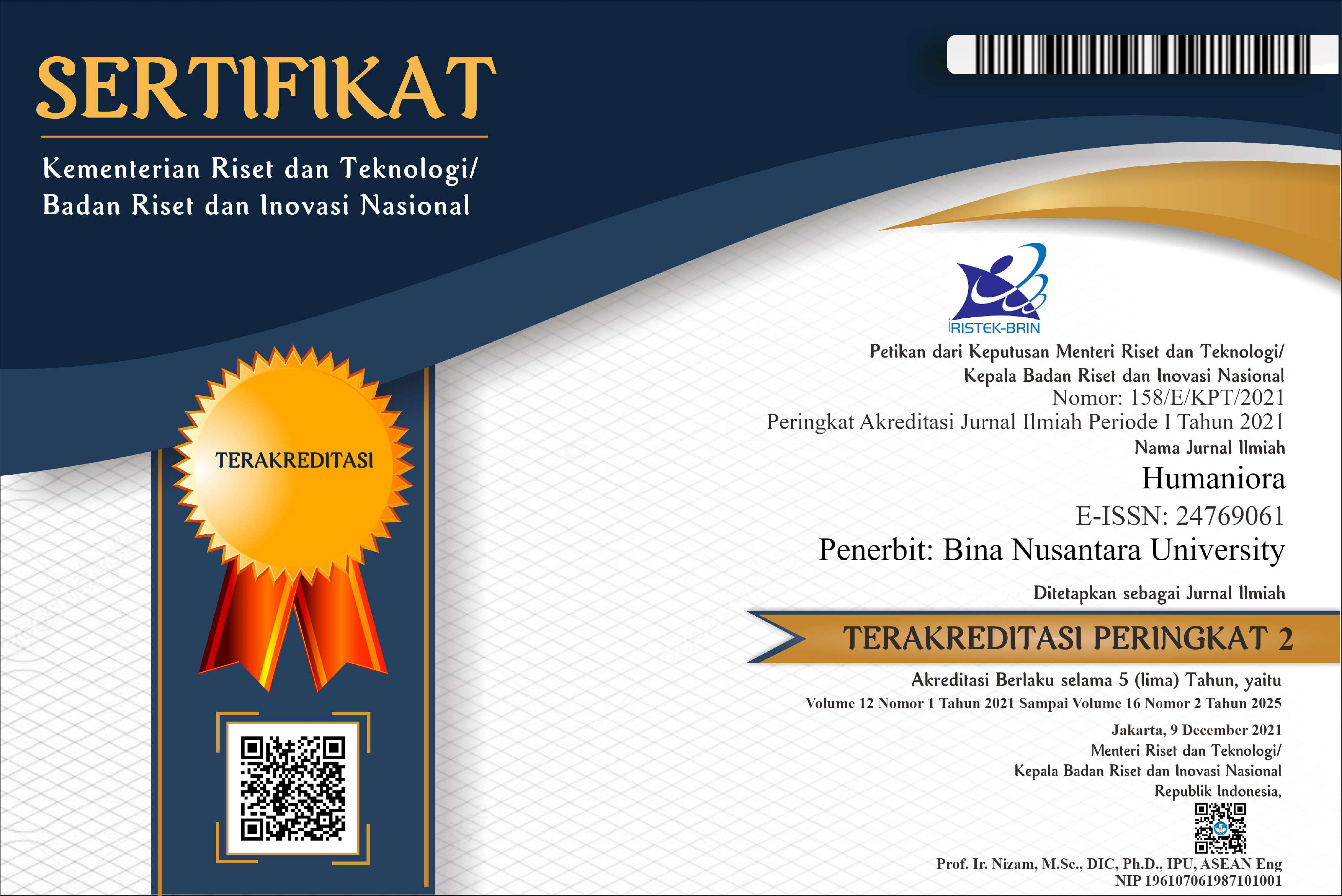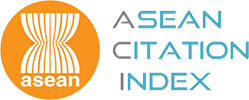Pemetaan Perkembangan Moral Mahasiswa Binus ditinjau dari Perspektif Kohlberg (Studi Kasus Terhadap 10 Mahasiswa di Kelas 04 Paf)
DOI:
https://doi.org/10.21512/humaniora.v4i2.3552Keywords:
equilibrium, critical period, Kohlberg's theory of moral development, six soft skillsAbstract
Learning means changing. Conditions of learning rely on a person's organizational thought against the learning process. One’s organizational thought is categorized into three major categories, each of which is divided into two phases: pre-conventional, conventional, and post-conventional. The teaching world, not least Bina Nusantara university, should play a role in developing the organizational thought /moral development of every person whom becomes the believer. This moral mapping may be information underlying the learning model. This mapping is generated through qualitative research of 10 Bina Nusantara university students, grade 04, PAF. Data collection technique used observational-partisipative method with the instrument of three moral dilemmas and Kohlberg’s moral stage development indicators. The results in the form of mapping of moral development is reported in the form of pie charts moral The study also resulted in the proposal of moral learning model that can be tested in subsequent research.
Plum Analytics
References
Brooks, J. G. & Brooks, M. G. (1993). In Search of Understanding the Case for Constructivist Classrooms. Virginia: The Association for Supervision and Curriculum Development.
Cherry, K. (n.d.). Kohlberg's Theory of Moral Development Stages of Moral Development. Diakses 27 januari 2012 dari
Fruth, H. G. (1970). Piaget for Teacher. New York: Prentice Hall. http://psychology.about.com/od/developmentalpsychology/a/kohlberg.htm
Hyde, A. A. & Bizar, M. (1989). Thinking in Context, Teaching Cognitive Processes across the Elementary School Curriculum. New York: Longman.
Jacobs, J. (2010). The Emotional Construction of Morals, the Review of Metaphysics. ProQuest Research Library, pp. 403.
Janasz, S. C., dkk, (2006). Interpersonal Skills in Organizations Second Edition. New York: Mc Graw-Hill International Edition.
Kohlberg, L. (1995). Tahap-tahap Perkembangan Moral. Yogyakarta: Kanisius.
Downloads
Published
Issue
Section
License
Authors who publish with this journal agree to the following terms:
a. Authors retain copyright and grant the journal right of first publication with the work simultaneously licensed under a Creative Commons Attribution License - Share Alike that allows others to share the work with an acknowledgment of the work's authorship and initial publication in this journal.
b. Authors are able to enter into separate, additional contractual arrangements for the non-exclusive distribution of the journal's published version of the work (e.g., post it to an institutional repository or publish it in a book), with an acknowledgment of its initial publication in this journal.
c. Authors are permitted and encouraged to post their work online (e.g., in institutional repositories or on their website) prior to and during the submission process, as it can lead to productive exchanges, as well as earlier and greater citation of published work.
USER RIGHTS
All articles published Open Access will be immediately and permanently free for everyone to read and download. We are continuously working with our author communities to select the best choice of license options, currently being defined for this journal as follows: Creative Commons Attribution-Share Alike (CC BY-SA)
















